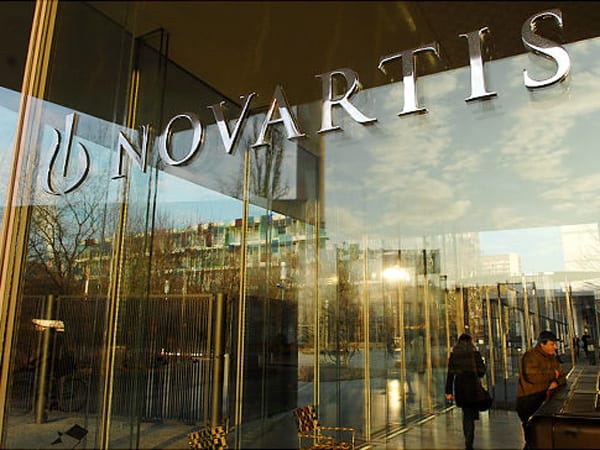
Novartis’ Lucentis secures European approval for infants with rare eye disease
pharmafile | September 6, 2019 | News story | Medical Communications, Sales and Marketing | Europe, Lucentis, Novartis, eye disease, pharma
Novartis has made the surprise announcement that its VEGF inhibitor Lucentis (ranibizumab) has been awarded marketing authorisation from the European Commission earlier than expected in the treatment of preterm infants with the rare eye disease retinopathy of prematurity (ROP).
The decision, supported by data from the RAINBOW study proving Lucentis is safe an defective in ROP, makes the therapy the first and only pharmacological treatment in the European Union for the condition in this vulnerable group.
“Everyone deserves the best start in life, so Novartis has reimagined what is possible in the treatment of ROP for this particularly vulnerable patient group,” said Dirk Sauer, Development Unit Head, Novartis Ophthalmology. “The European Commission decision to approve Lucentis in this indication gives clinicians the first and only licensed alternative to laser therapy in the treatment of preterm infants with ROP in the EU. We look forward to providing paediatric retinal specialists with a new therapeutic option for preterm infants with ROP.”
The ruling provides another treatment option for patients aside from standard of care, laser surgery, which aims to destroy diseased retinal tissue which cause elevated VEFG levels; Lucentis, instead, directly targets and reduces VEGF.
Matt Fellows
Related Content

Novartis shares new data about Fabhalta for IgAN treatment
Novartis has announced new results from a pre-specified interim analysis of its phase 3 APPLAUSE-IgAN …

Novartis shares new data for Zolgensma in children with SMA
Novartis has announced new data to continue the support of the clinical benefits of Zolgensma …

Novartis to acquire MorphoSys AG for €2.7bn
Novartis has announced that it has entered an agreement to acquire MorphoSys AG for €2.7bn, …








